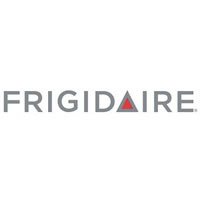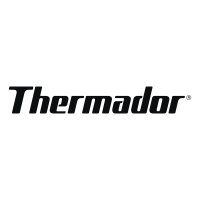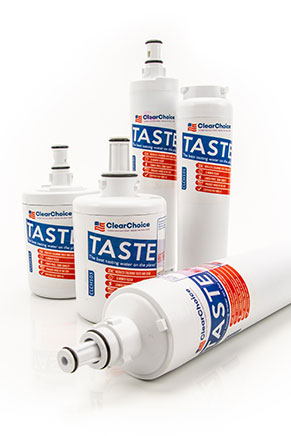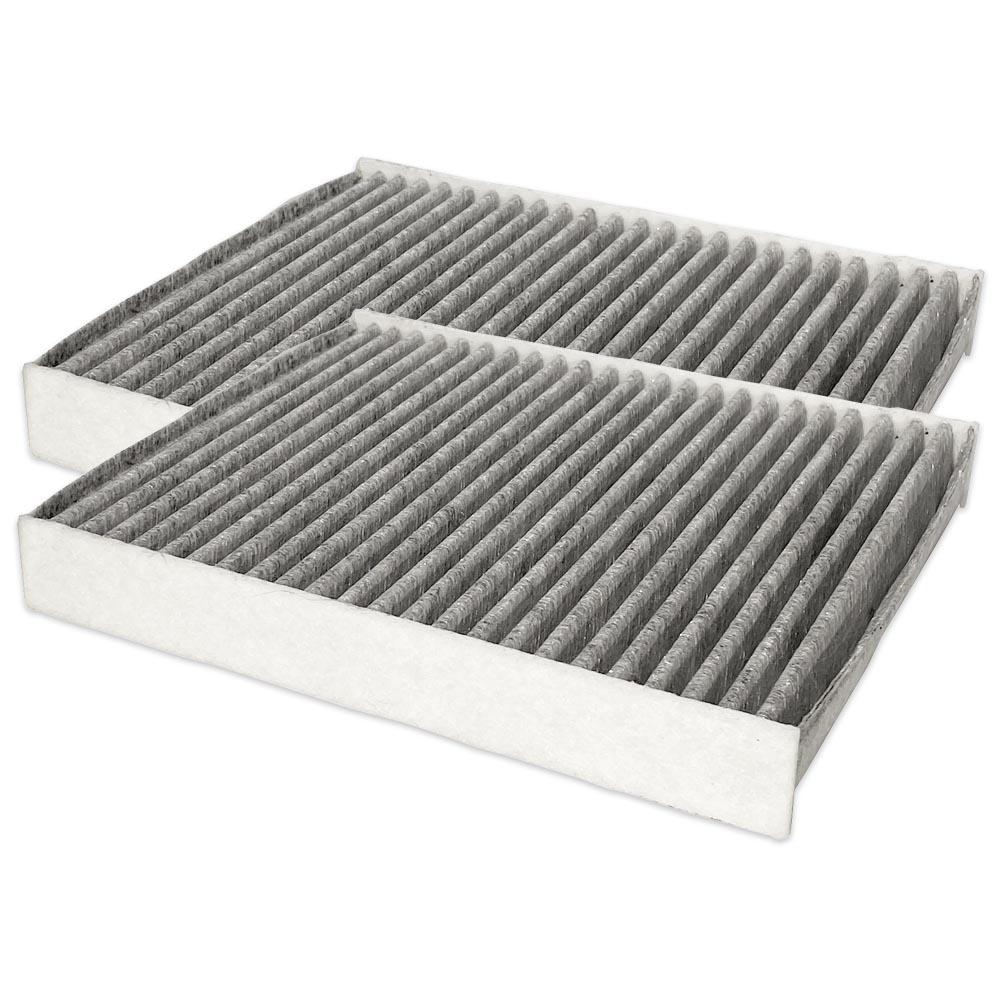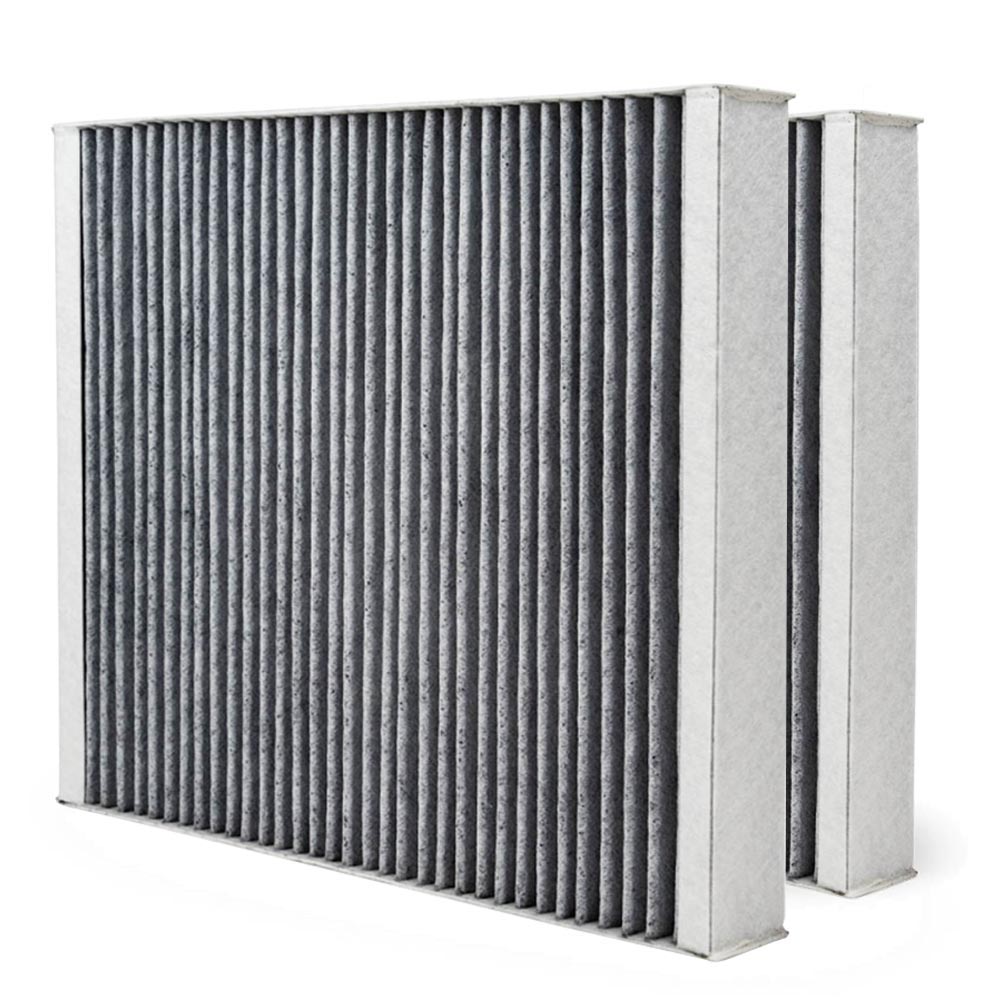Car Cabin Air Filters
Our premium filters protect you and your passengers by removing dust, pollen, and harmful pollutants to keep them from reaching inside of your car, truck, or SUV. Find your replacement today!
Search for your car
These products fit your vehicle: {{ selectedVehicle }}
Change VehicleBenefits of a Clean Cabin Air Filter
You spend lots of time in your car, and you want to make sure that the air in your vehicle's cabin is clean and healthy. The cabin air filter processes the air that enters the passenger compartment via the vehicle's air conditioning and heating system(s). This filter is easy to change yourself with included instructions. The process of installing the filter only takes a few minutes in most cars.
What Our Customers Have to Say
Frequently Asked Questions
Introduction to Cabin Air Filters
A cabin air filter is an essential component of your vehicle's heating, ventilation, and air conditioning (HVAC) system. This filter's primary function is to improve the air quality inside your car by removing dust, pollen, and other airborne contaminants. For individuals with allergies or respiratory issues, a well-functioning cabin air filter is crucial for providing a healthier driving environment.
Definition and Purpose of Cabin Air Filters
Cabin air filters serve as the first line of defense against outdoor pollutants trying to enter your vehicle’s interior. As the air passes through the HVAC system, the filter cleans it before it circulates around the cabin. This filtration process ensures that the air you breathe inside your car is significantly cleaner than the air outside, protecting your health and well-being. Regularly changing these filters helps you breathe clean air while driving, so consult your vehicle's manual for maintenance recommendations.
Difference Between Cabin Air Filter and Engine Air Filter
While both the cabin air filter and the engine air filter play roles in filtering air, their purposes are notably different. The cabin air filter is responsible for purifying the air that enters the car's interior, thus ensuring a clean and pleasant environment for passengers. On the other hand, the engine air filter focuses on maintaining the health of your vehicle's engine by preventing dirt and debris from entering and potentially causing damage.
Importance in Vehicle Maintenance
Regularly replacing your cabin air filters is a vital part of vehicle maintenance. Over time, these filters can become clogged with the particles they capture, which can reduce their efficiency and potentially lead to issues with your vehicle's HVAC system. Ensuring your cabin air filter is clean not only maintains air quality but also enhances the overall performance and longevity of your vehicle’s heating and cooling systems. At Discount Filters, we provide high-quality replacement filters to help you keep your car's air as clean as
How Often Should A Cabin Air Filter Be Changed?
Recommended Replacement Intervals
Car cabin air filter replacement is a crucial aspect of vehicle maintenance. The general recommendation is to replace the cabin air filter every 15,000 to 30,000 miles. However, this can vary based on several factors, including the type of vehicle and the environment through which you typically drive. For instance, if you're frequently driving in urban areas, industrial zones, or places with heavy air pollution, you may need to replace the cabin air filter more often to maintain optimal air quality in your car. Conversely, if your vehicle is not used extensively, it might be possible to stretch the intervals slightly, but regular inspections remain essential.
Signs Indicating the Need for Replacement
Even with a recommended schedule, there are distinct signs that signal it’s time for a car cabin air filter replacement. Noticeable factors include reduced airflow when you turn on the air conditioning or heating, which can be a sign of a clogged cabin air filter, persistent or unusual odors inside the vehicle, increased dust on interior surfaces, and heightened allergic reactions among passengers. These signs should prompt immediate inspection and replacement if necessary, ensuring your cabin remains a safe and comfortable environment.
Impact of Driving Conditions on Replacement Frequency
The maintenance schedule for a cabin air filter can significantly depend on driving conditions. For instance, if you frequently drive on dirt roads or in areas with high pollen counts, the filter will likely become clogged more quickly. A filter that is regularly exposed to such conditions should be inspected more frequently to avoid complications. Additionally, knowing your vehicle’s specific make and model requirements can help establish an appropriate filter replacement routine. Regular checks and clean replacements can prevent more significant problems related to air quality and system performance in the long run.
What Happens If You Don't Change The Cabin Air Filter?
Impacts on Air Quality Inside the Vehicle
Neglecting to replace your cabin air filter can substantially affect the air quality inside your vehicle. A dirty or clogged filter fails to trap dust, pollen, and other allergens efficiently. This leads to an influx of pollutants, drastically reducing the purity of the air you breathe while driving. This could exacerbate symptoms and lead to an uncomfortable ride for passengers with allergies or respiratory issues.
Effects on HVAC System Performance
Your vehicle’s HVAC system is integral to your comfort during transit, providing heating, ventilation, and air conditioning. To optimize airflow, it is crucial to maintain a clean cabin air filter. An unclean cabin air filter constrains airflow, making the system work harder to regulate temperatures. This can result in weaker air flow and uneven heating or cooling. The added strain could eventually cause malfunctions in the system’s components, translating into expensive repairs down the line.
Long-term Consequences for Vehicle Health
The long-term neglect of changing the cabin air filter may also compromise the overall health of your vehicle. As the filter becomes increasingly clogged, particles may bypass it, potentially damaging delicate electronic components inside the car. Continuous exposure to harmful airborne contaminants could lead to persistent odors and even promote mold growth within the infrastructure, posing health risks and depreciating the vehicle’s value.
Regularly updating your cabin air filter is a simple yet essential maintenance task that prevents these negative outcomes, ensuring cleaner air, efficient system operations, and sustained health of your vehicle.
Are Cabin Air Filters Necessary?
When it comes to maintaining a comfortable and healthy environment inside your vehicle, cabin air filters play an indispensable role. Their necessity extends beyond mere comfort, directly impacting the health of everyone who steps into your car. But what exactly makes these filters so crucial?
Benefits for Passengers' Health
The most direct benefit of having a cabin air filter is the improvement in air quality it provides. By filtering out dust, pollen, smog, and other allergens, these filters ensure that the air you and your passengers breathe is as clean as possible. This is particularly important for individuals with allergies or respiratory issues, as even short exposures to allergens and pollutants can trigger health problems.
Role in Filtering Pollutants and Allergens
Cabin air filters serve as the first line of defense against harmful pollutants and airborne contaminants. As you drive through various environments, your vehicle is exposed to exhaust fumes, road dust, and other pollutants. A functioning air filter captures these harmful particles before they can circulate inside the cabin, preventing them from being inhaled by passengers. Thus, the filter not only improves the air quality but also contributes to a safer, more pleasant traveling experience.
Comparative Analysis of Vehicles with and without Cabin Air Filters
To truly appreciate the necessity of cabin air filters, consider the difference in air quality between vehicles equipped with them and those without. Cars lacking air filters expose occupants to higher levels of pollutants, which can exacerbate respiratory issues and lead to discomfort, particularly during long drives or in highly polluted areas. In contrast, vehicles with properly maintained filters can maintain a fresher and more comfortable internal atmosphere, contributing significantly to passenger well-being.
In light of these factors, it becomes evident that cabin air filters are not just an optional component but a necessary feature in modern vehicles. They enhance passenger comfort by maintaining clean air, protect health by filtering out harmful substances, and support overall vehicle maintenance. Choosing quality air filters and replacing them regularly is a small investment with significant returns when it comes to health and vehicle performance.
Does The Cabin Filter Affect AC?
Impact on Airflow and Cooling Efficiency
The cabin air filter significantly influences AC performance by affecting the airflow into your vehicle’s HVAC system. A clogged filter reduces the system's ability to circulate air efficiently, which in turn affects the cooling efficiency of your air conditioner. As dirt, dust, and debris accumulate, the filter starts acting as a barrier to the smooth flow of air. This obstruction means your AC has to work harder to push air through, which can lead to inadequately cooled air and increased energy consumption from your vehicle.
Role in Maintaining Optimal AC Functionality
Keeping your cabin air filter in good condition ensures that the air circulating within your car remains clean and that the system does not become overworked. Regularly changing the cabin air filter helps maintain the HVAC system's optimal functionality, providing a consistent flow of air at the right temperature and humidity levels, which is crucial for comfort during various weather conditions. It prevents dust and other small particles from reaching the AC system, which could potentially cause damage.
Link Between Cabin Filter Maintenance and AC Repairs
Regular maintenance of the cabin air filter not only contributes to cooling efficiency but also reduces costly AC repairs. When the AC struggles to operate due to a clogged filter, it can cause additional stress on the blower motor and other HVAC components, leading to premature wear and tear. This can potentially result in expensive repairs or even replacement of parts. Ensuring that you replace the cabin air filter as recommended can save you money and prevent inconvenience caused by an underperforming AC system.
Exploring Cabin Air Filter Options
When it comes to selecting a cabin air filter for your vehicle, understanding the different options available can make a significant difference in your driving comfort and air quality. With various types available in the market, finding the right filter that fits your car and meets your needs is essential.
Different Types of Cabin Air Filters
Cabin air filters come in several varieties, each designed with unique features to cater to specific needs. The most common types include particulate filters, carbon filters, and electrostatic filters. Particulate filters are the most basic, designed to capture dust and particles as small as pollen and other allergens. Carbon filters go a step further by incorporating activated carbon, which helps in removing odors and harmful gases. Electrostatic filters employ special fibers that actively capture smaller particles than traditional materials might miss, offering a higher degree of air filtration. These filters are also known for their easy installation, as they can be directly installed into the factory air box without additional modifications.
How Do I Choose The Right Filter For My Vehicle?
Selecting the right cabin air filter involves considering several factors. Firstly, it is important to consider your environment; if you often drive in urban areas or locations with high pollen levels, opting for a filter with advanced filtration capabilities, such as carbon or electrostatic, may be beneficial. Additionally, checking your vehicle's manufacturer recommendations can provide guidance since some car models, like Toyota, may have specific filters designed to fit perfectly for optimal performance. Many companies, like Discount Filters, offer a wide range of options to suit various needs, ensuring you have access to quality options at competitive prices.
Cross-Referencing Cabin Air Filters for Compatibility
One common challenge faced by vehicle owners is ensuring that the chosen cabin air filter fits properly in the filter compartment of their vehicle model. Cross-referencing helps overcome this challenge. Many manufacturers provide cross-reference charts that match part numbers with different vehicle models. This makes it easier to find a filter that fits perfectly. At Discount Filters, the process is simplified further by an online filter-finding tool. By entering your car’s make, model, and year, you can easily identify compatible cabin air filters available for purchase.
What Is The Difference Between Cabin Filter And Engine Air Filter?
Functional Differences and Similarities
When it comes to maintaining your vehicle's air quality, understanding the roles of both the cabin filter and the engine air filter is crucial. At a glance, the primary function of these filters is to trap dirt and airborne particles, yet their specific applications within the vehicle differ. A cabin air filter is designed to purify the air that enters the cabin via the vehicle's heating, ventilation, and air conditioning (HVAC) system, ensuring that the air you breathe inside your car is clean and fresh. On the other hand, the engine air filter serves the engine, trapping dirt, dust, and other particles before they can enter the engine, thus safeguarding the engine from potential damage.
Specific Roles in Vehicle Performance
The roles of the cabin air filter and engine air filter are pivotal for different aspects of your vehicle's performance. A clean cabin air filter directly impacts the quality of air inside the vehicle, reducing allergens and pollutants that passengers inhale. It ensures a healthy and pleasant environment, which is especially important for those with allergies or respiratory concerns.
Meanwhile, the engine air filter is critical in maintaining engine health and efficiency. It prevents debris from entering the engine, minimizing the risks of mechanical issues and optimizing fuel efficiency. A clogged engine air filter can lead to reduced engine performance, increased fuel consumption, and, potentially, more severe engine issues.
Importance of Maintaining Both Filters
Regular maintenance of both the cabin and engine air filters, including those located in the glove box, is essential. Replacing these filters at recommended intervals ensures your vehicle functions optimally and you enjoy a comfortable and safe driving experience. Ignoring the state of these filters can lead to degraded air quality in the cabin and diminished engine performance, which could result in costly repairs.
Discount Filters offers a wide range of high-quality air filters to suit various car models, ensuring you find the right fit for both your cabin and engine needs. By choosing high-quality options, you not only extend the life of your vehicle but also enhance your overall driving experience.



